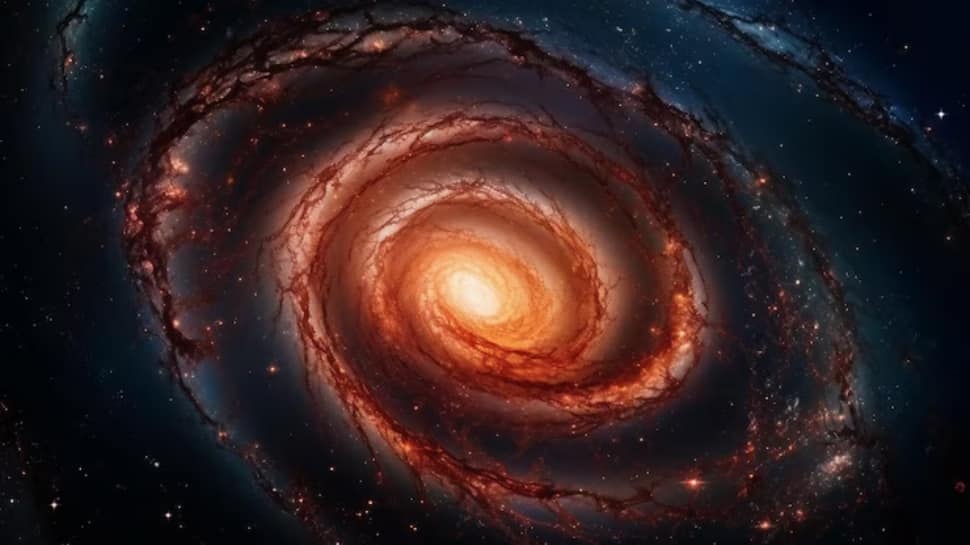The cosmos has once again thrown humanity into a whirlwind of questions, and this time, the answers may be scarier than we imagined. In a jaw-dropping revelation, scientists studying data from NASA’s James Webb Space Telescope (JWST) have stumbled upon a cosmic anomaly so strange, it’s shaking the foundations of astrophysics: we might be living inside a black hole.
This theory emerged from research conducted by Kansas State University, where astronomers examined images of 263 ancient galaxies, some dating back to just 300 million years after the Big Bang. Their goal was simple: study the structure and rotation of early galaxies. But what they found was anything but ordinary.
Over 60% of these galaxies were spinning clockwise.
This consistent pattern has left experts baffled. Galaxy rotation was long believed to be random, one spinning left, another right, forming a cosmic ballet of chaos. But the Webb data shows something eerily organised, as if the universe has a preferred direction. And this raises one terrifying possibility: that the entire cosmos may be rotating as one, bound inside the event horizon of a massive black hole.
If true, this would completely upend what we know about space, time, and reality itself.
The idea that our universe is tucked inside a black hole isn’t entirely new, but never before has it been supported by such compelling observational data. If galaxies are spinning in a single direction due to some larger force, that force could be a singular gravitational field shaping the very fabric of space, a black hole from which not even light can escape.
This discovery would not only rewrite the Big Bang theory but also challenge everything we understand about the beginning and end of time. Imagine our entire universe as the internal contents of a collapsed star, what we know as space, planets, stars, even time, compressed into an unfathomable gravitational bubble.
While scientists remain cautious, some believe this could be the biggest cosmological breakthrough of our era. Others warn it could be the start of more terrifying questions, if we are inside a black hole, what lies beyond it?
Still, the study comes with a caveat: observational bias. The way light behaves in space (like the Doppler effect) might have altered how the telescope perceives galaxy spin. It’s possible the James Webb’s perspective is skewed. Scientists are now reevaluating the telescope’s calibration to confirm whether the spinning pattern is a real cosmic trend or an optical illusion.
But even if it’s just a false alarm, the possibility has ignited both fear and fascination in the scientific community. And one thing is certain: space is far stranger, and scarier, than we ever imagined.


